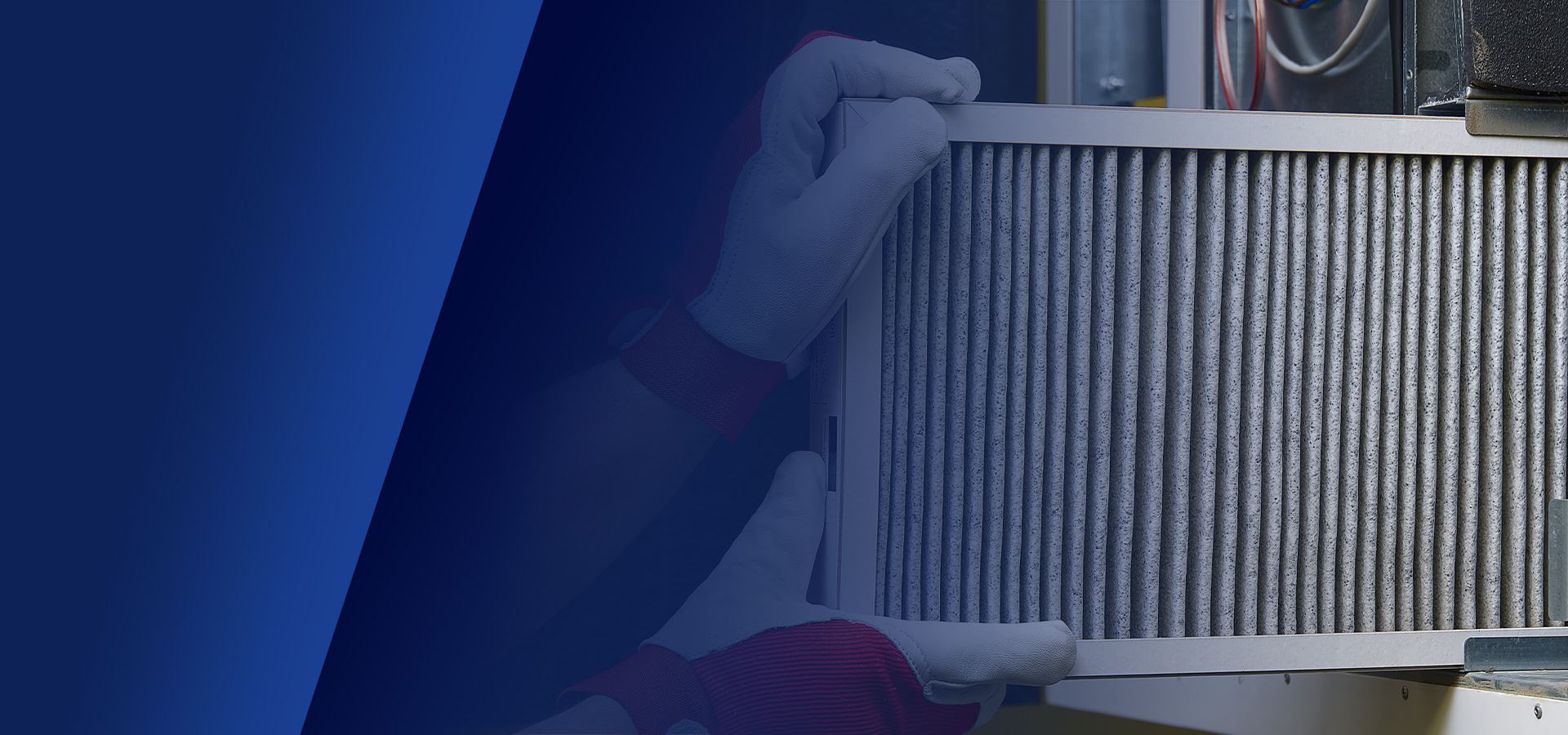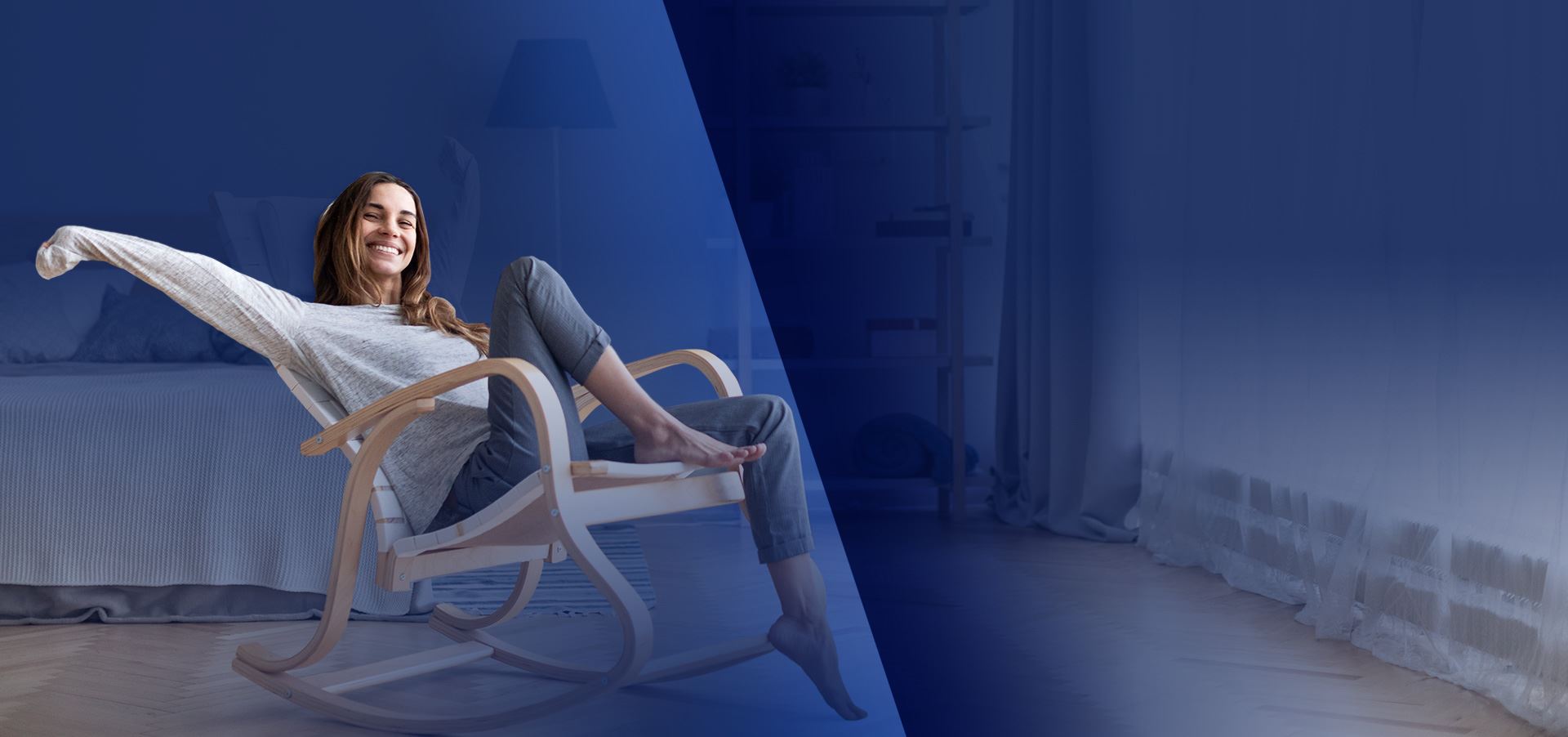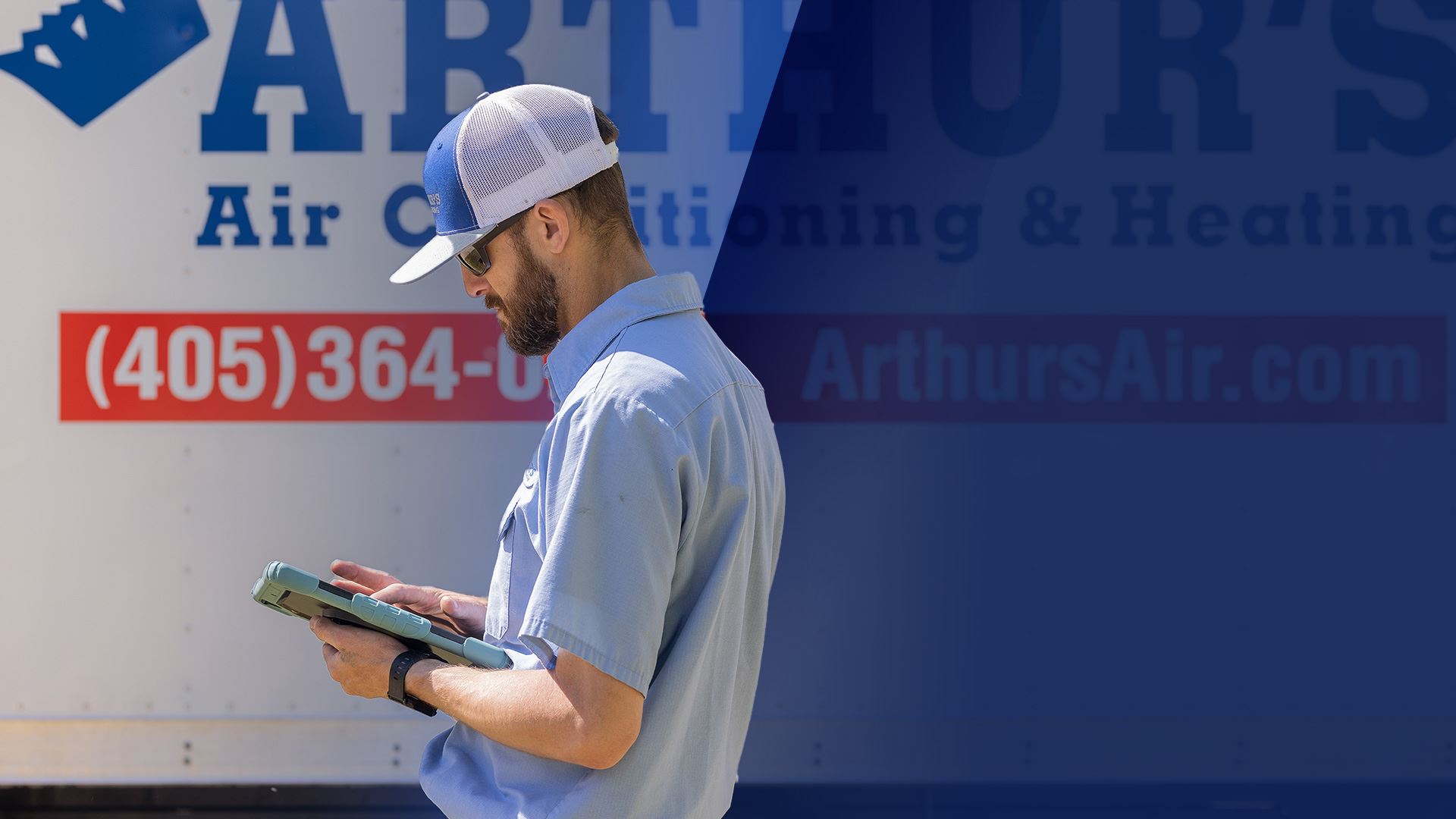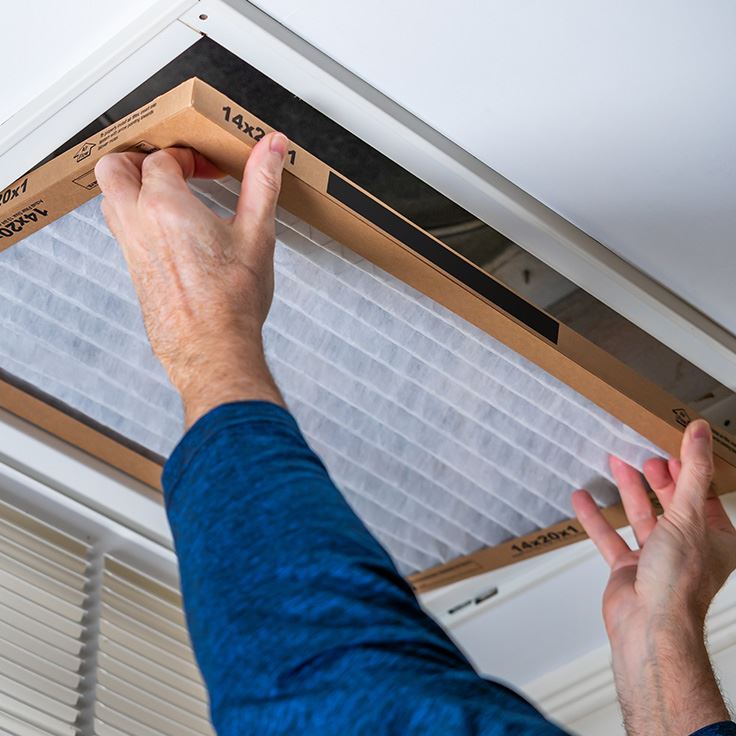


-
"He got me back up and running very quickly which I appreciate very much."Jess helped me with my heater, he showed up on time, and quickly diagnosed my issues while it was raining and getting colder! He was very professional, and I was impressed with his skills. He got me back up and running very quickly which I appreciate very much. Now the house will be warm this weekend. I recommend Arthur's Air Conditioning and Heating.- James W.
-
"Was great to explain what problems and the fix!"Was great to explain what problems and the fix! Was scheduled for 2/4 and he was early GREAT! Have already recommend to another person..Jess was great 5-stars!- Glenda B.
-
"Clayton’s clearly a master at his craft and got our heat functioning in no time!"Clayton’s clearly a master at his craft and got our heat functioning in no time! So very appreciative!- Carly B.
-
"The agency itself is professional and quick to respond."The agency itself is professional and quick to respond. Jess B. represented the company with excellence. He was professional, kind, knowledgeable, thorough, and generally helpful. We are grateful to find a reliable company.- Justine A.
-
"Thanks for the fantastic service at a critical time!"Clayton Alexander of Arthur's Air Conditioning and Heating came out on time on a cold 6 degree Sun morning with a -10 wind chill. My heat pump/electric coil system was not heating properly & my house was down to 63 degrees and getting colder. Clayton was able to diagnose a faulty switch for the electric coil part of the heating. The heat pump itself was working fine but couldn't keep up with the demand by itself. Clayton was able to patch the system so that both the heat pump and electric coil could work while the part was being ordered & received. Thanks for the fantastic service at a critical time!- Kathy R.
-
"He was extremely polite, conscientious, and professional."Clayton Alexander from Arthur's Air Conditioning & Heating LLC did a Sunday service call to our home because the heating had stopped working and it was under 10 degrees outside. He had the system up and running in less than 30 minutes. He was extremely polite, conscientious, and professional. It was indeed a pleasure to watch him work and talk with him about his findings.- Stella B.
-
"Jess was nice, friendly, professional, and cared about his job."Jess was wonderful at diagnosing the heating problem in my house. The last owners did not keep up with the filter and there was corrosion where the filter is supposed to be Plus the weather was too cold to do anything. And said to call back when the weather warms up and they will get the job done. Jess was nice, friendly, professional, and cared about his job. May God bless him and his family and Arthur's Air Condition and heating.- Joseph
-
"Very helpful, quickly solved the problem"Very helpful, quickly solved the problem and arrived to my home faster than the expected time.- Kiersten L.


Signs Your Home’s Indoor Air Quality Needs Help
Realizing your home may have poor indoor air quality is not always easy. Many of the warning signs can be attributed to colds, flu, or seasonal allergies. Plus, since the effects of poor air quality can accumulate gradually over time, it becomes even harder to recognize the root of the issue without professional evaluation. Still, there are several clear signs that you should get your home’s air checked out. Consider areas in your home that are consistently problematic, like musty basements or rooms with high humidity, which can harbor mold and allergens.
You should get in touch with our Norman indoor air quality team if you are experiencing any of the following issues:
- Frequent health issues - If you or your family members are experiencing constant headaches, dizziness, fatigue, or respiratory problems such as coughing, sneezing, asthma attacks, or difficulty breathing, poor indoor air quality may be to blame. If symptoms improve when the affected individuals are away from your potentially compromised home and other causes are ruled out, you should not wait to get your air quality evaluated by our professionals. Furthermore, unexplained skin irritations or chronic dryness might also be linked to air quality issues.
- Unpleasant odors - Persistent odd or foul smells can indicate the presence of mold, mildew, or accumulations of volatile organic compounds from household products and furnishings. Such odors suggest that the indoor air is not being properly ventilated. These smells might be strongest in enclosed spaces, indicating areas where ventilation could be improved.
- Excessive dust and allergen buildup - Finding dust on surfaces shortly after cleaning points to poor air filtration and ventilation. High dust levels might also mean your ducts are due for a professional cleaning to prevent re-circulating old dust particles.
- Humidity issues - Both excessively high and low humidity levels can lead to poor indoor air quality. High humidity can foster the growth of mold and dust mites, while low humidity can irritate the respiratory tract and skin. Humidity levels should ideally be between 30% and 50% for optimal comfort and air quality.
- Visible mold or mildew growth - The presence of mold or mildew, especially in areas with high moisture levels like bathrooms and kitchens, is a clear sign of poor indoor air quality. Mold spores in the air can lead to various health problems, especially for those with allergies or respiratory conditions. Regular checks and proper ventilation in these moisture-prone areas can prevent growth and the spread of spores.
Our goal is to ensure that your indoor environment is healthy, comfortable, and safe for you and your family. Call (405) 302-8225 or contact us online to request your complimentary in-home consultation today!



What Causes Poor Indoor Air Quality?
Improving indoor air quality requires addressing the underlying cause or causes. Our skilled technicians at Arthur’s Air Conditioning & Heating can thoroughly test your indoor air quality and identify what is contributing to the problem. Our comprehensive assessments allow us to tailor specific strategies for mitigating these issues, from enhancing ventilation to recommending specific air filtration systems.
Many factors can negatively impact indoor air quality, including:
- Poor ventilation - Inadequate ventilation traps pollutants and allergens inside, preventing the exchange of indoor air with fresh outdoor air. Modern energy-efficient homes, while beneficial for reducing energy costs, can have this issue due to their tightly sealed nature. Air balancing in Norman homes can often solve these challenges and improve airflow efficiency.
- Pollutants from household products - Many household cleaning agents, paints, and personal care products release volatile organic compounds that can worsen air quality. Without adequate ventilation, these substances can accumulate indoors, posing health risks over time. Opting for natural or low-VOC alternatives can significantly reduce these impacts.
- Mold and mildew - Moist environments or water damage can lead to the growth of mold and mildew. These fungi release spores and toxic substances into the air, which can cause allergies, respiratory issues, and other health problems. Regular inspections and maintaining humidity control are essential preventive steps.
- Pests and allergens - Dust mites, pet dander, cockroaches, and rodents can all degrade indoor air quality. Their droppings and other allergenic substances can trigger allergic reactions and exacerbate asthma symptoms. Improving your home’s sealing against pests and conducting regular cleanings can mitigate these risks.
- Outdoor pollution - Particulate matter, pollen, and other pollutants can enter buildings through open windows, doors, or ventilation systems. This is especially problematic in urban areas with high levels of outdoor pollution. Strategic use of air filtration systems can help capture these pollutants effectively.
- Tobacco smoke - Tobacco smoke is a significant indoor pollutant containing thousands of toxic chemicals. Smoking indoors can increase the risk of respiratory diseases, heart disease, and lung cancer not only for smokers but also for non-smokers through secondhand exposure. Implementing strict no-smoking policies indoors can eliminate this problem.

Breathe Easy with Proven Indoor Air Quality Solutions
Our Norman indoor air quality technicians can help you with many types of solutions, including:
We employ a comprehensive approach to testing your home's indoor air quality to ensure we identify all potential issues and recommend the most effective solutions. Our process begins with a thorough inspection of your home, focusing on areas known to contribute to poor air quality, such as basements, bathrooms, kitchens, and areas with heavy foot traffic. Our work at this stage may include a combination of air sampling, ventilation inspections, visual inspections for mold and mildew, or humidity and moisture measurements. Based on our findings, we will present you with a detailed assessment of your home's air quality and recommend specific solutions tailored to address the identified problems.
-
Air Filtration ProductsRanging from simple air filters to advanced air purifiers, air filtration devices are designed to capture a wide array of contaminants, including dust, pollen, pet dander, smoke particles, and even microscopic pathogens like bacteria and viruses. By trapping these pollutants, air filtration systems can alleviate allergy and asthma symptoms, minimize exposure to harmful chemicals, and contribute to the overall well-being of occupants.
-
HumidifiersHumidifiers play a crucial role in maintaining optimal indoor air quality, particularly in environments where air tends to be excessively dry. By introducing moisture into the air, humidifiers help balance indoor humidity levels.
-
Fresh Air VentilatorsThese systems are designed to replace stale, polluted indoor air with clean air from outside, effectively diluting and removing indoor airborne contaminants. This process not only reduces the concentration of pollutants but also helps to regulate humidity levels, preventing the growth of mold and the proliferation of dust mites. Furthermore, fresh air ventilators can significantly enhance the overall comfort and well-being of occupants by ensuring that indoor air does not become too stagnant or oppressive. In buildings where natural ventilation is limited due to design or environmental factors, these ventilators can be particularly valuable.
-
Ultraviolet LightsUltraviolet (UV) lights offer an innovative solution to improving indoor air quality by harnessing the germicidal properties of UV radiation. These devices, when incorporated into air purification systems or HVAC units, can effectively neutralize a wide range of airborne pathogens, including bacteria, viruses, and mold spores, thus reducing the risk of disease transmission within indoor environments.
-
Carbon Monoxide DetectorsCarbon monoxide is a colorless, odorless gas, making it impossible to detect without the aid of specialized sensors. Carbon monoxide detectors are designed to measure the concentration of this silent killer in the air and alert occupants with an audible alarm if levels become dangerously high.




